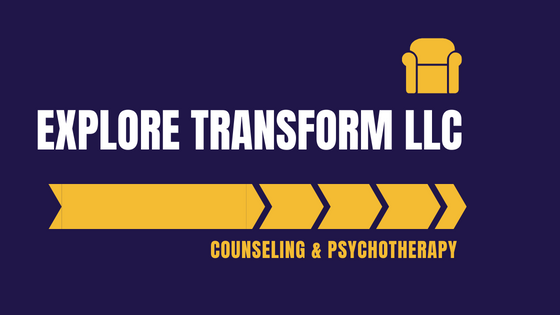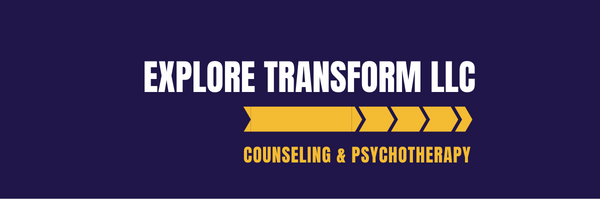A passion for helping people
Counseling and psychotherapy based in Ridgewood (Bergen County) and serving the whole of New Jersey.
Specializing in Eye Movement Desensitization and Reprocessing therapy (EMDR)
for a wide range of issues including anxiety, depression, and trauma.
An inclusive, person-centered approach to psychotherapy.
Specializing in Eye Movement Desensitization and Reprocessing therapy (EMDR)
for a wide range of issues including anxiety, depression, and trauma.
An inclusive, person-centered approach to psychotherapy.
Counseling and psychotherapy involves a unique relationship where
you can safely explore your life and frustrated goals.
you can safely explore your life and frustrated goals.
Latest blog posts from Explore Transform LLC

















